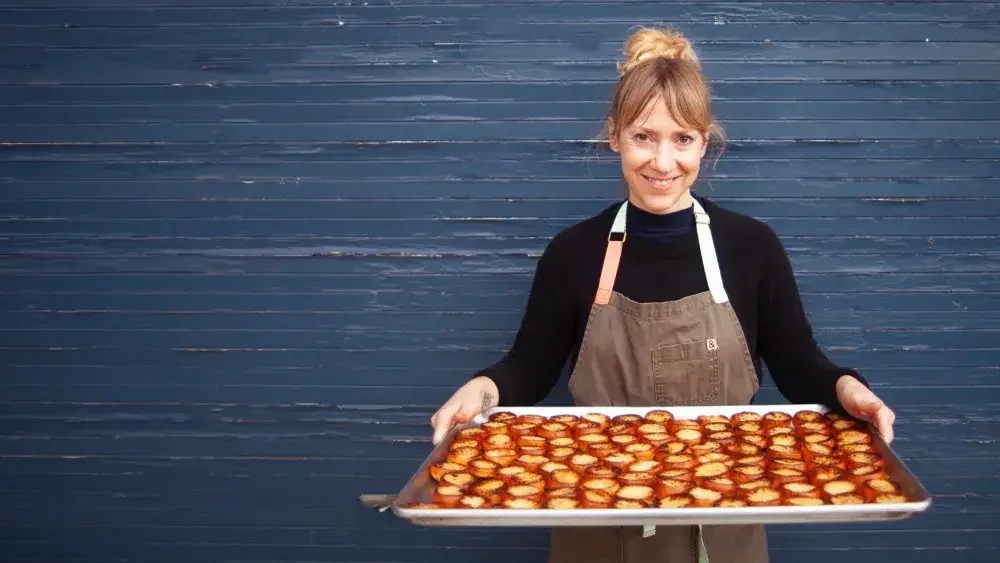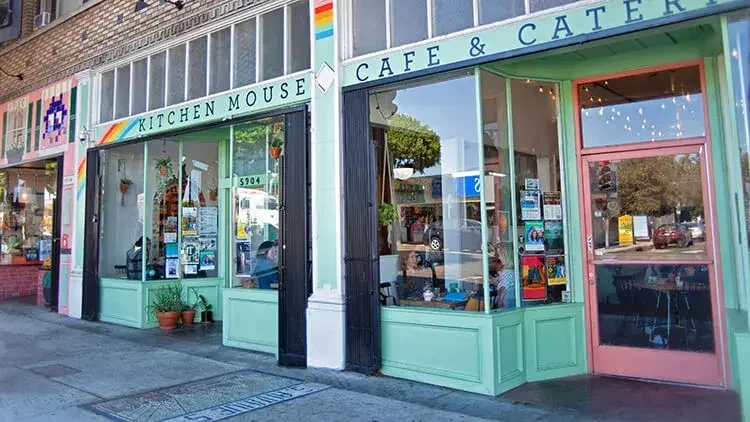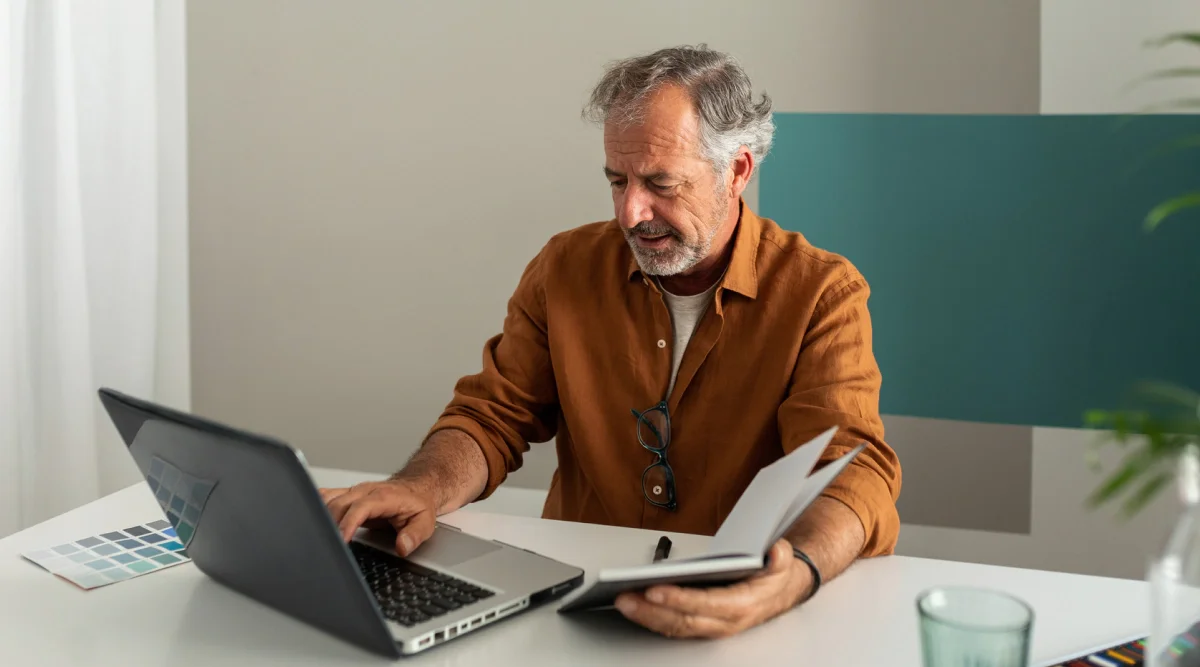Kitchen Mouse learned to be the cat when COVID-19 restrictions went into effect by quickly adapting to changing business circumstances. Now, the successful vegetarian restaurant in the Highland Park neighborhood of Los Angeles is surviving and laying the groundwork for future revenue streams.

Drastic cuts overnight
When the pandemic hit, owner, Erica Daking, employed 72 people at her thriving café, market, and catering business. Things were going so well that Daking was in the process of closing on a new building. But that quickly changed.
"What felt like overnight, we went from 72 employees to eight," says Daking. "The light switch shut off at different times on all our departments. The catering books cleared, and then we got the order to close everything. Then, we came back and just did take-out and delivery and opened our market."
Shifting focus to meet demand
In the spring, at the beginning of the pandemic, Kitchen Mouse's small market suddenly became the business's focus. Because people were afraid to go to big grocery stores, Daking explains, "we became a safe haven little grocery store."
There was such a demand for the market's prepared meals that Daking and her employees were constantly replenishing them.
"It was so hard to plan anything or make a schedule," she remembers. "It was like going back to old school customer service. People would call and say, 'I'm looking for this', and we'd say, 'Sure, let me think about this. We have some of that in the back. If you need rice or that kind of bean, we have all of that in the kitchen.' We were really listening to the customers."

From in-person dining to delivery
Once things started to open up again, Daking focused on deliveries and getting online ordering set up through Toast, a cloud-based point-of-sale system. With order numbers rising, her biggest challenge became finding new employees to replace her lost workers.
"We couldn't find anyone who was willing to come to work or who didn't feel safer at home collecting unemployment and the extra $600 a week," she says. "It was a real struggle to put the team back together. We lost a lot of our core team that it took so many years to build and train, and we had to start from scratch. It was really challenging."
The catering business picked up again in June when film and TV productions were allowed to resume. In a departure from the buffet meals they were accustomed to providing for photoshoots and commercials, Kitchen Mouse began providing individually packaged meals.
The key is survival
Though things are difficult right now, Daking takes a practical approach. "We got the PPP loan early on, and that was very helpful, and it's helped us get through this."
"A good friend of mine who owns a restaurant very perfectly said this time is about surviving, not thriving," she says. "I don't think restaurants are trying to make a lot of money right now. We're just trying to make it."
When it comes to other restaurants' survival, Daking recommends offering more than one service and continuing to adapt. She also offers other restaurant owners words of support.
"It's really hard at this time to not just want to throw in the towel," she says. "It's been helpful that all the restaurants are in this together. I've really strengthened my relations with other restaurant owners."
Daking acknowledges that she couldn't have gotten this far without the support of customers, friends, families, and neighbors. When the vaccine becomes available, she knows that dining is going to pick back up again.
"Everyone is craving that dine-in experience and gathering with people when the world is safe again. Dining out is going to feel like such a privilege and luxury, and people are going to do it with a vengeance."

